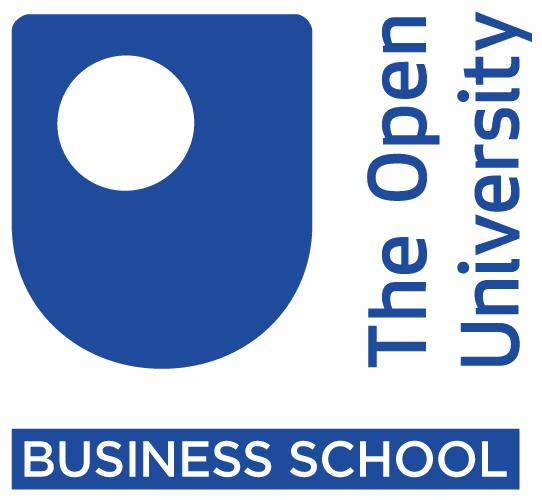Research I carried out for my book shows that there are three things Millennials are specifically looking for. Actively addressing these will help increase engagement and retention, and allow organisations to build an agile workforce:
Clarity
Clear goals give us focus, make us more persistent and help us identify the most effective strategies for achievement. That doesn’t necessarily mean having a 10-year plan, rather knowing what comes next and the criteria to get there.
Taking the occasional boundary-spanning move may prove more effective for developing leadership capabilities. Sideways moves help emerging leaders gain an organisation-wide view, boost their contacts and increase confidence.
For emerging talent to be able to find their own development opportunities organisations must provide the necessary infrastructure to support self-directed development. This should include technology and learning from others.
Career management technology, powered by algorithms and machine learning, can provide effective personalised recommendations and guide an emerging leader on their early career journey.
Algorithms must be carefully checked to ensure that they are free from bias. Technology is most effective when combined with career conversations with mentors or learning from senior leaders.
Speed
Emerging talent want to move at speed and are afraid of getting stuck. My research shows that time in role can be reduced to 12 to 18 months early in a career if we make sure emerging leaders can extract maximum learning from each role.
As people move up this increases to two to three years at more experienced levels and three to five years in senior management. Note that these numbers are average and dependent on role/person.
Importantly, organisations can introduce reflection as an accelerator. Research has shown that when we spend 15 minutes reflecting on the day versus spending another 15 minutes practising a new skill, we get better faster.
Reflective learning allows us to make sense of experiences, challenges our world view and allows us to make connections. It is a skill that should be part of any graduate training or onboarding programme.
Making an impact and early exposure to leadership
Emerging talent want to make an impact and work with senior leaders. There are about 10 to 12 experiences that help an emerging leader get ready for more senior roles.
Any leader should have gone through several of these leadership experiences, as each lends itself to different skills: global remit takes a person out of their comfort zone, whereas change management projects help them understand people’s emotions. Other valuable leadership experiences are people management, start-up, growth, turnaround and special projects.
Organisations must help emerging leaders understand that in today’s disrupted world being good at one or two things is not enough.
Not all our more junior employees surveyed fully understood the importance of taking on a range of roles. International experience, for example, emerged as the lowest priority in a survey of more than 1,000 Millennials when compared to 14 other factors they consider important for their careers.
Breadth at the start of careers can help secure senior roles later. Defining which experiences are valued by the organisation and providing guidance on how to secure stretch assignments will enable emerging leaders to become self-directed learners.
Ines Wichert is an occupational psychologist, MD of leadership development consultancy TalUpp, and author of Accelerated Leadership Development: How to Turn your Top Talent into Leaders










